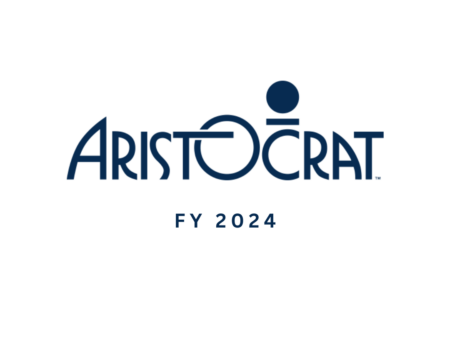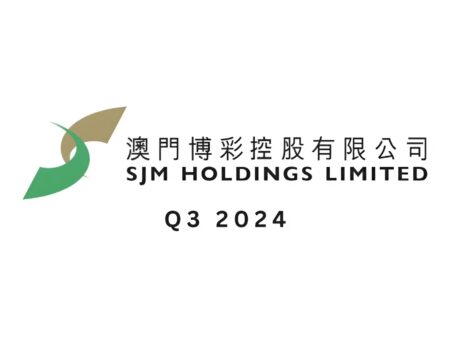The Philippines Bureau of Immigration (BI) has recently issued a directive mandating that foreign workers employed by Philippine Offshore Gaming Operators (POGOs) and iGaming companies (IGLs) must vacate the country within 60 days, with the deadline set for September 2024. This enforcement action follows a nationwide ban on POGOs, announced by President Ferdinand Marcos Jr. The order impacts a significant number of foreign employees, with the BI taking steps to ensure compliance through visa restrictions and deportation measures.
Details of the Immigration Order
The Philippines Bureau of Immigration Commissioner Norman Tansingco has mandated that all foreign workers associated with POGOs and IGLs leave the country by the end of September 2024. The directive, effective from July 26, 2024, is part of the broader crackdown on POGOs, reflecting the government’s commitment to addressing various issues associated with these entities.
Visa Applications and Enforcement Actions
As part of this order, the Bureau will reject any pending or new visa applications for foreign workers involved with POGOs and IGLs. This policy will be strictly enforced, with foreign workers found violating the order facing arrest and deportation. The BI is collaborating with other government agencies, including the Philippine National Police, the Armed Forces of the Philippines, and the National Bureau of Investigation, to track and remove non-compliant individuals.
Impact on Foreign Workers and Local Economy
Foreign Workers Affected
The Bureau of Immigration’s decision impacts approximately 20,000 foreign workers employed by POGOs and IGLs in the Philippines, according to data from the Philippine Amusement and Gaming Corporation (PAGCOR). These workers now face a challenging transition period as they prepare to leave the country.
Support for Local Employees
In response to the displacement of local workers, Secretary Bienvenido Laguesma of the Department of Labor and Employment (DOLE) has announced initiatives to support affected Filipino employees. The DOLE is conducting profiling of those impacted and will organize job fairs and upskilling programs to aid in their reemployment. These measures are designed to mitigate the economic disruption caused by the POGO ban and support local workforce reintegration.
Government and Regulatory Actions
Interagency Collaboration
The Bureau of Immigration’s crackdown is part of a coordinated effort involving various government agencies. The Philippine National Police, Armed Forces, and the National Bureau of Investigation are all working together to enforce the immigration order and address illegal activities associated with POGOs and IGLs. This interagency approach underscores the government’s determination to maintain regulatory control and enhance national security.
Economic and Social Implications
The closure of POGOs and the resulting expulsion of foreign workers have broader implications for the Philippine economy and social fabric. While the government aims to address regulatory and security concerns, it must also consider the economic impact on local businesses and the potential for job losses within the iGaming sector. The DOLE’s initiatives are a step toward mitigating these effects and supporting the local workforce during this transition.
Future Outlook and Recommendations
Addressing PAGCOR’s Concerns
The National Economic and Development Authority (NEDA) Secretary Arsenio Balisacan has suggested measures to address PAGCOR’s concerns regarding the closure of POGOs and its impact on the gaming sector. These recommendations are expected to guide future regulatory policies and support the industry’s adaptation to the new regulatory environment.
Long-Term Impact and Strategic Adjustments
The long-term impact of the POGO ban and the associated visa restrictions will depend on how effectively the Philippine government and affected industries manage the transition. Strategic adjustments and continued support for displaced workers will be crucial in maintaining economic stability and ensuring a smooth adjustment for all parties involved.
Conclusion: The BI
The Philippines Bureau of Immigration’s directive to expel foreign workers from POGOs and IGLs marks a significant step in the government’s efforts to address regulatory and security issues. The coordinated response involving multiple government agencies and support measures for local employees highlights the complexity of this situation. As the deadline approaches, both foreign workers and local businesses will need to navigate these changes, with ongoing government support playing a crucial role in the transition.
FAQs About The Philippines Bureau of Immigration’s Directive to Expel Foreign Workers from POGOs and IGLs
1. What is the new directive issued by the Philippines Bureau of Immigration?
The Philippines Bureau of Immigration has mandated that all foreign workers employed by Philippine Offshore Gaming Operators (POGOs) and iGaming companies (IGLs) must leave the country within 60 days, by September 2024. This action follows a nationwide ban on POGOs announced by President Ferdinand Marcos Jr.
2. When does the order for foreign workers to leave the Philippines take effect?
The order is effective from July 26, 2024. Foreign workers have until the end of September 2024 to exit the country.
3. What will happen to pending and new visa applications for foreign workers in the POGO and IGL sectors?
The Bureau of Immigration will deny any pending and new visa applications for foreign workers associated with POGOs and IGLs. Foreign workers who do not comply with the order may face arrest and deportation.
4. How is the Bureau of Immigration ensuring compliance with the new order?
The Bureau of Immigration is working with various government agencies, including the Philippine National Police, Armed Forces of the Philippines, and the National Bureau of Investigation, to enforce the order and track non-compliant foreign workers.
5. How many foreign workers are affected by this directive?
Approximately 20,000 foreign workers employed by POGOs and IGLs in the Philippines are affected by the new directive.
6. What support is being provided to local Filipino employees displaced by the POGO ban?
The Department of Labor and Employment (DOLE) is conducting profiling of displaced local workers and will organize job fairs and upskilling programs to help them find new employment opportunities.
7. What is the role of the National Economic and Development Authority (NEDA) in this situation?
NEDA Secretary Arsenio Balisacan has suggested measures to address concerns related to the closure of POGOs and its impact on the gaming sector. These recommendations aim to guide future regulatory policies and support industry adaptation.


















